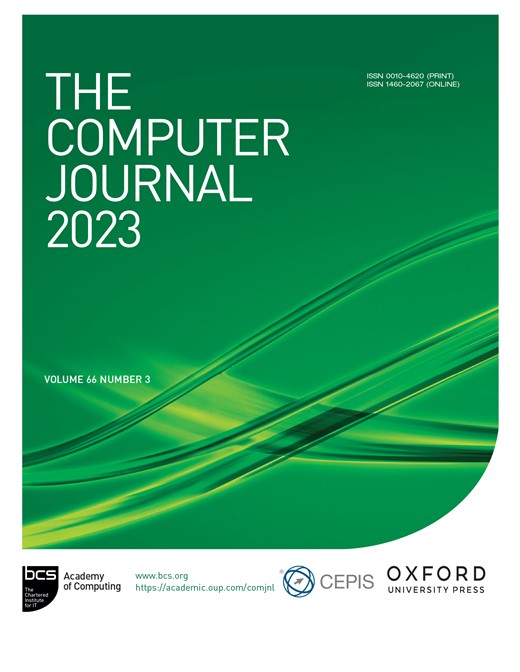-
Views
-
Cite
Cite
Weina Niu, Yuheng Luo, Kangyi Ding, Xiaosong Zhang, Yanping Wang, Beibei Li, A Novel Generation Method for Diverse Privacy Image Based on Machine Learning, The Computer Journal, Volume 66, Issue 3, March 2023, Pages 540–553, https://doi.org/10.1093/comjnl/bxab176
Close - Share Icon Share
Abstract
In recent years, deep neural networks have been extensively applied in various fields, and face recognition is one of the most important applications. Artificial intelligence has reached or even surpassed human capabilities in many fields. However, while artificial intelligence application provides convenience to the human lives, it also leads to the risk of privacy leaking. At present, the privacy protection technology for human faces has received extensive attention. Research goals of face privacy protection technology mainly include providing face anonymization and data availability protection. Existing methods usually have insufficient anonymity and they are not easy to control the degree of image distortion, which makes it difficult to achieve the purpose of privacy protection. Moreover, they do not explicitly perform diversity preservation of attributes such as emotions, expressions and ethnicities, so they cannot perform data analysis tasks on non-identity attributes. This paper proposes a diverse privacy face image generation algorithm based on machine learning, called DIVFGEN. This algorithm comprehensively considers image distortion, identity mapping distance loss and emotion classification loss; transforms the privacy protection target into the problem of generating adversarial examples based on the recognition model; and uses an adaptive optimization algorithm to generate anonymity and diversity of privacy images. The experimental results show that on the Cohn-Kanade+ dataset, our algorithm can reduce the probability of facial recognition by the neural network when it accurately classifies sentiment, from 98.6% to 4.8%.




